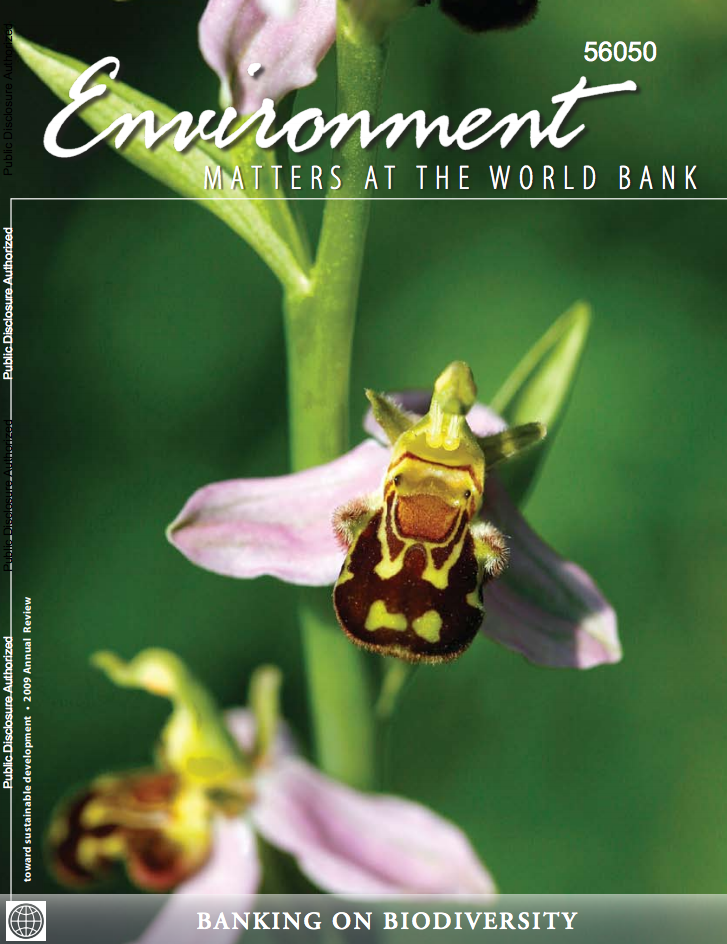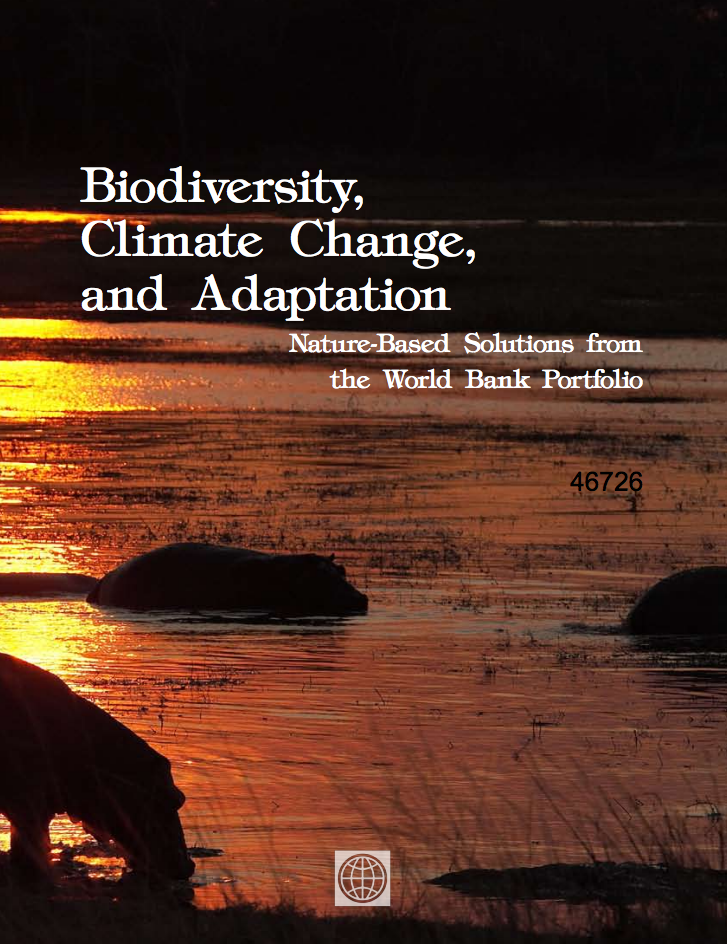Honduras - Country Note on Climate Change Aspects in Agriculture
This country note briefly summarizes
information relevant to both climate change and agriculture
in Honduras, with focus on policy developments (including
action plans and programs) and institutional make-up. Like
most countries in Latin America, Honduras has submitted one
national communication to the United Nations Framework
Convention on Climate Change (UNFCCC) with a second one
under preparation. Land use change and forestry are by far



